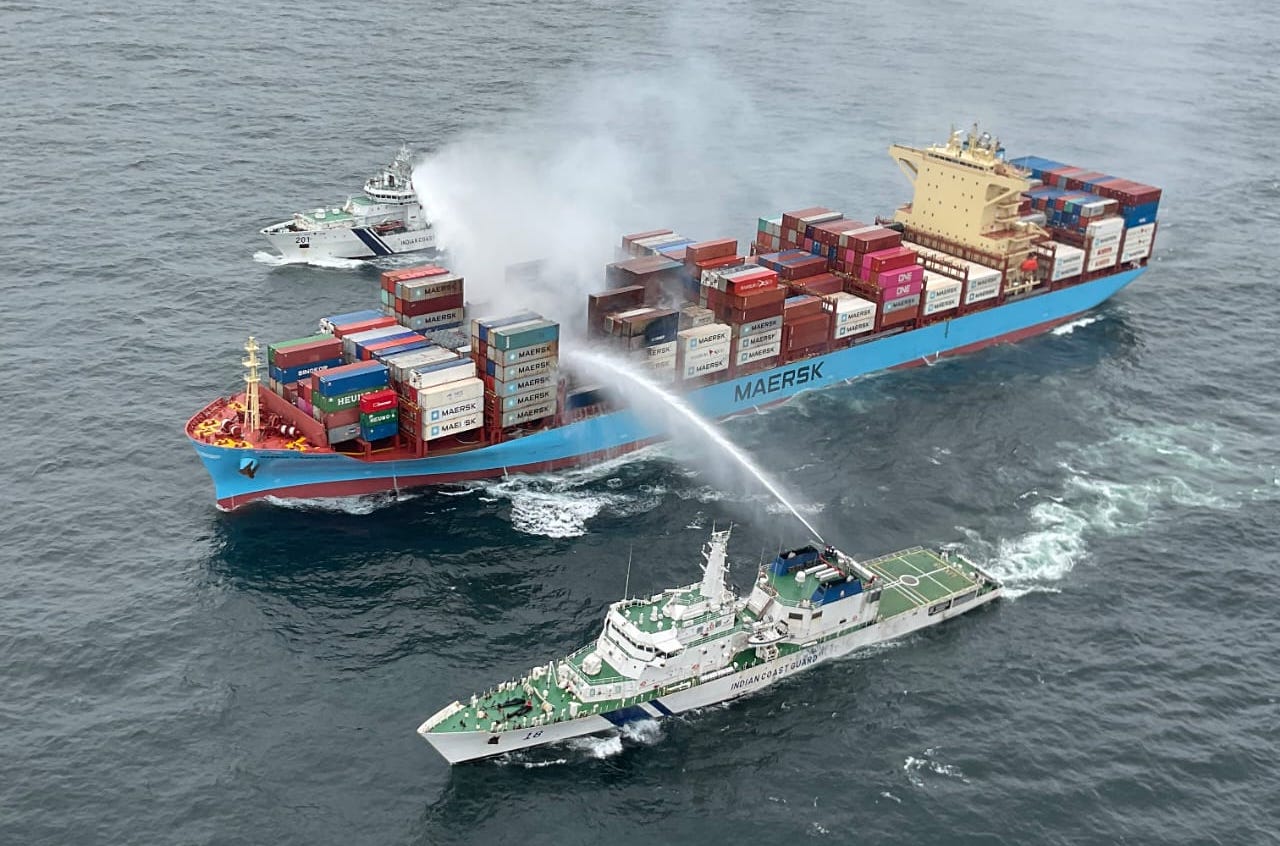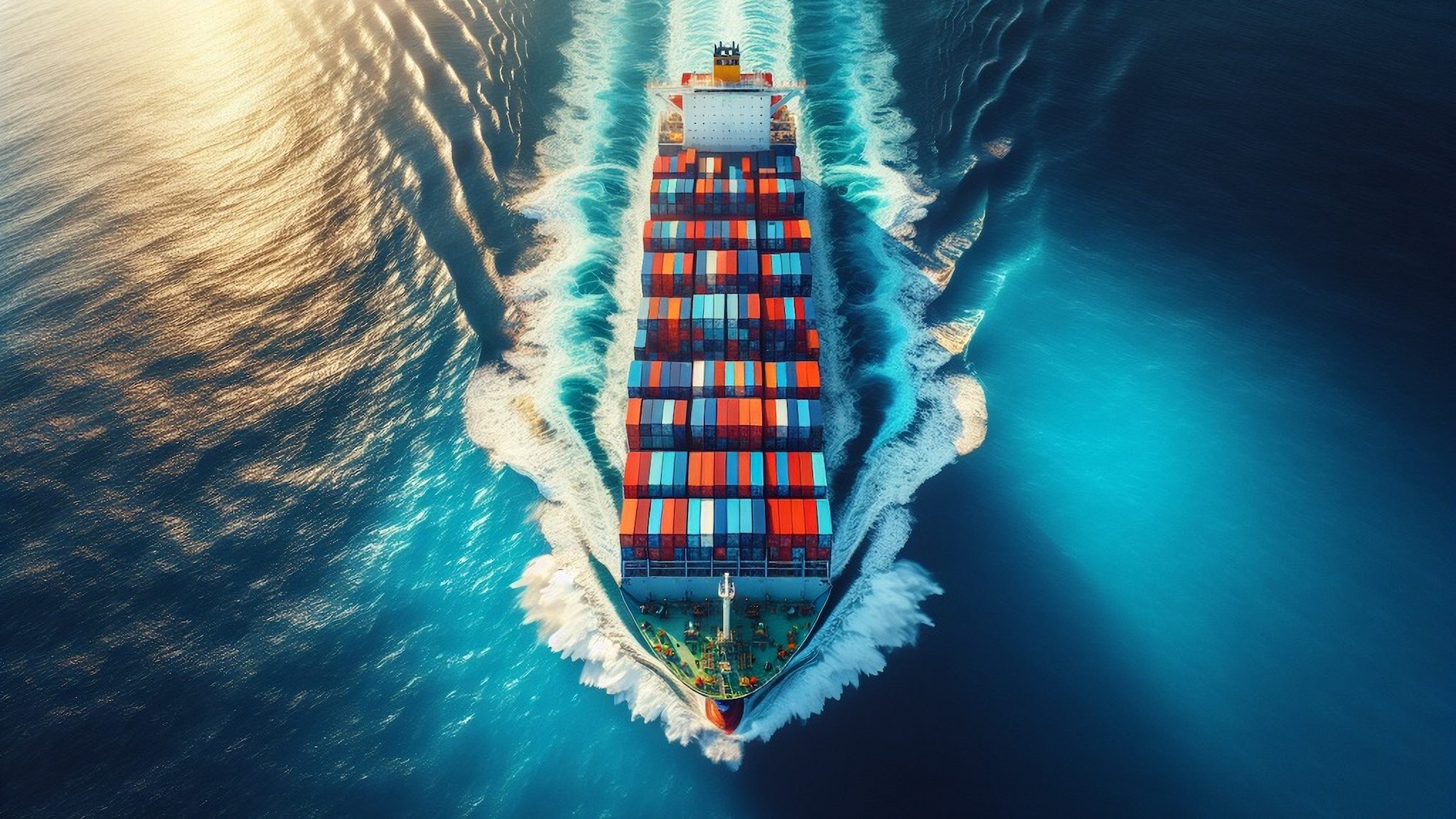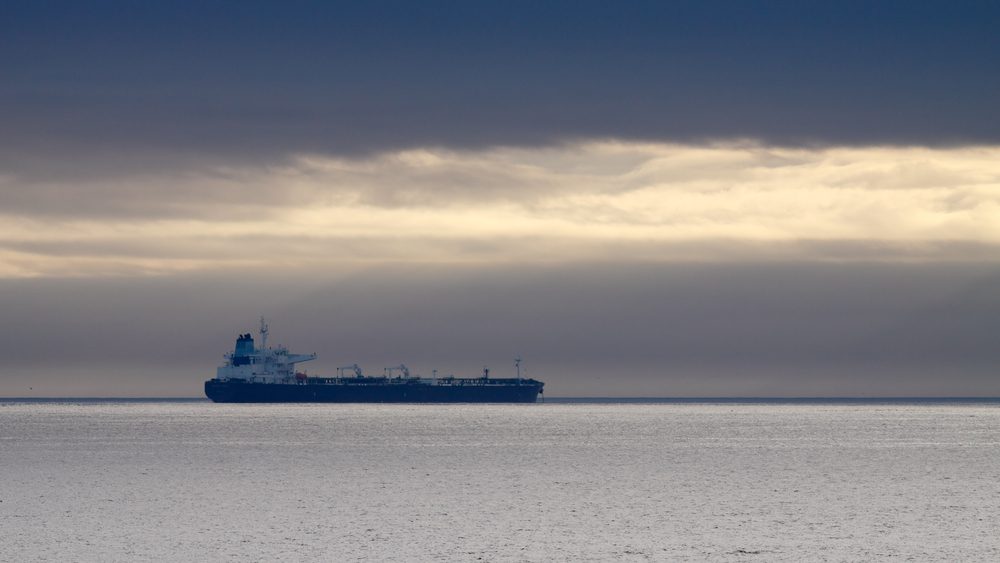The International Maritime Rescue Federation (IMRF) and Lloyd’s Register Foundation have initiated the first comprehensive review of global maritime Search and Rescue (SAR) systems. The strategic assessment, announced Monday, aims to evaluate SAR capabilities across local, national, and international levels while identifying critical gaps in current systems.
The review will examine emerging challenges including climate change impacts, geopolitical instability, and economic pressures that could shape maritime SAR operations over the next two decades. Key stakeholders participating in the assessment include local and national SAR organizations, government entities, commercial shipping operators, and artisanal fishing communities.
“Those in distress on the water depend on timely and effective search and rescue responses from all involved in the global SAR system,” said Caroline Jupe, CEO of the IMRF. “This comprehensive global review will help to identify persistent gaps in capabilities, foster collaboration across borders, and lay the groundwork for a safer maritime future around the world.”
This initiative builds upon existing collaboration between the organizations, including the #FutureSAR project addressing climate change challenges and the #SaferSAR initiative focused on improving data sharing within the maritime SAR community.
The announcement comes as maritime SAR capabilities face increased scrutiny following recent incidents. In May, a Dutch Safety Board investigation into the Fremantle Highway fire revealed significant vulnerabilities in North Sea emergency response systems, including coordination challenges between multiple agencies and problems with emergency response protocols.
Editorial Standards · Corrections · About gCaptain

 Join The Club
Join The Club











